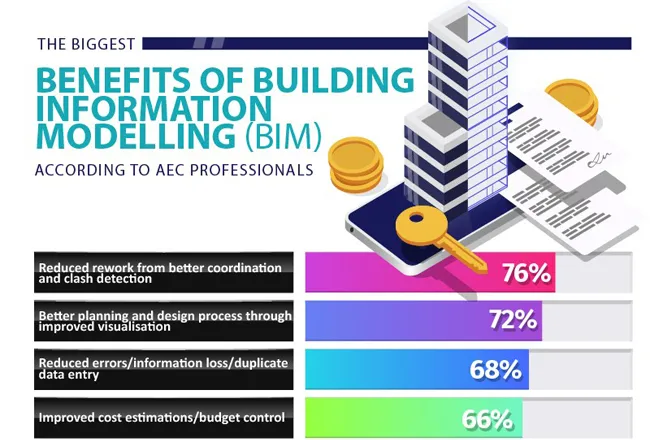UK Road safety charity Brake is holding an essential seminar on using in-vehicle technology to improve driver safety. Selected and used appropriately, Brake says in-vehicle technology can offer huge benefits to fleets by providing valuable data on drivers, vehicles and journeys which can be used to help prevent crashes and reduce costs. In light of this, the charity is offering fleet professionals the opportunity to hear from academic experts and experienced practitioners on the options available, features
April 12, 2013
Read time: 2 mins
UK Road safety charity 3963 Brake is holding an essential seminar on using in-vehicle technology to improve driver safety.
Selected and used appropriately, Brake says in-vehicle technology can offer huge benefits to fleets by providing valuable data on drivers, vehicles and journeys which can be used to help prevent crashes and reduce costs. In light of this, the charity is offering fleet professionals the opportunity to hear from academic experts and experienced practitioners on the options available, features to look for to ensure driver safety, and how to work with your drivers to get the best from technology.
Speakers during the half-day, low-cost seminar will explain the benefits to fleets of adopting in-vehicle technologies and give guidance to managers on asking the right questions to find the most suitable products for their fleet. A best practice case study will show how one company has successfully introduced in-vehicle technologies to reduce risks to drivers and other road users.
Sponsored by GreenRoad, the event will include presentations from experienced academics and fleet professionals, including a case study from a company that has successfully implemented in-vehicle tech to improve safety. Pete Thomas, director of the Transport Safety Research Centre, Loughborough University; and Phil Pettitt, chief executive,3182 innovITS, are among the guest speakers.
The seminar will take place from 12.30pm-4pm on Tuesday 30 April 2013 in Birmingham, central England. Places can be booked and more information found online. Alternatively, contact Brake at %$Linker:2 Email <?xml version="1.0" encoding="utf-16"?><dictionary /> 0 0 0 oLinkEmail [email protected] [email protected] false mailto:[email protected] true false %> or telephone 01484 559909.
Selected and used appropriately, Brake says in-vehicle technology can offer huge benefits to fleets by providing valuable data on drivers, vehicles and journeys which can be used to help prevent crashes and reduce costs. In light of this, the charity is offering fleet professionals the opportunity to hear from academic experts and experienced practitioners on the options available, features to look for to ensure driver safety, and how to work with your drivers to get the best from technology.
Speakers during the half-day, low-cost seminar will explain the benefits to fleets of adopting in-vehicle technologies and give guidance to managers on asking the right questions to find the most suitable products for their fleet. A best practice case study will show how one company has successfully introduced in-vehicle technologies to reduce risks to drivers and other road users.
Sponsored by GreenRoad, the event will include presentations from experienced academics and fleet professionals, including a case study from a company that has successfully implemented in-vehicle tech to improve safety. Pete Thomas, director of the Transport Safety Research Centre, Loughborough University; and Phil Pettitt, chief executive,
The seminar will take place from 12.30pm-4pm on Tuesday 30 April 2013 in Birmingham, central England. Places can be booked and more information found online. Alternatively, contact Brake at %$Linker:







